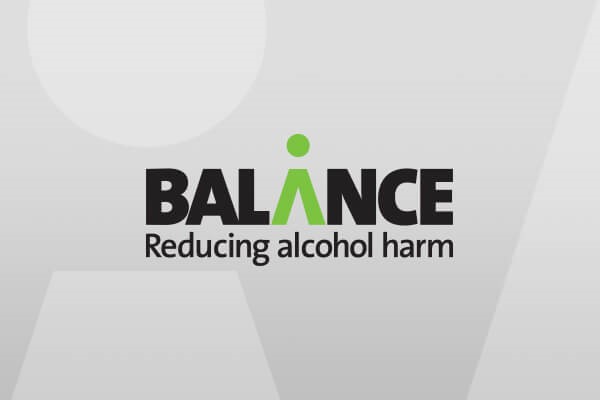Balance asks ‘Is it responsible?’
Colin Shevills, Director of Balance, said: “Today’s announcement that six health organisations, including The Royal College of Physicians and the British Medical Association, have rejected the Government’s Responsibility Deal, is greatly concerning, if not unexpected.
“Without a doubt, there are fundamental problems with the deal as it is currently proposed. Firstly, the industry is responsible for generating maximum revenue for its shareholders, which means selling more alcohol. Is this really compatible with public health need which requires a reduction in consumption?
“Secondly, the deal is based upon voluntary agreements. This is an approach that has already failed. Just 15% of drinks carry the five health messages agreed under a protocol between the industry and Government three years ago, which said most labels would comply by 2008. Why do we think the pledges will be any stronger or successful?
“Thirdly, that the coalition has removed the vital issues of alcohol pricing and marketing from discussion supports the view that industry already has too much influence. The World Health Organisation, in its recently launched global alcohol strategy, indicates that a minimum price per unit of alcohol would have a significant role in reducing the problems caused by alcohol misuse. How can it be that this evidence based approach is off limits and what other difficult issues will be placed beyond the debate?
“You have to ask whether it is right that an industry which sells a can of lager for less than the price of a can of cola can have such influence over health policy. Government needs to go further and faster if we are to reduce the damage that alcohol is doing to the North East, where we have the highest rate of alcohol related hospital admissions and the second highest rate of alcohol related deaths in the country.
“To make a real difference we need a package of measures which include legislation to reduce the availability and marketing of alcohol and the introduction of a minimum price per unit, which will have the greatest impact on the heaviest and youngest drinkers. We have already seen how banning the sale of alcohol below the rate of duty and VAT will do very little to increase price and reduce the damage done by alcohol sold at pocket money prices. The measure affects only one in almost 4,000 alcohol products.”
Balance research shows that almost half of North Easterners support the introduction of a minimum price and would pay a little extra for alcohol if it reduced rowdy behaviour in public, crime and violence and the burden on the NHS. Two thirds of the region’s population would also support a ban on alcohol advertising before 9pm.
